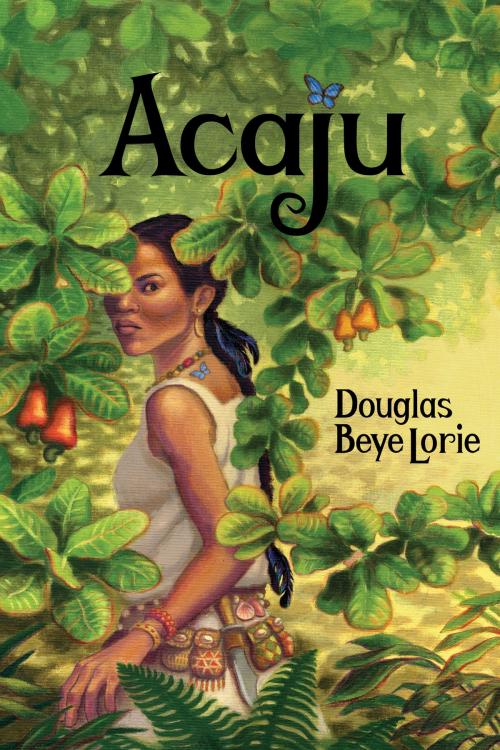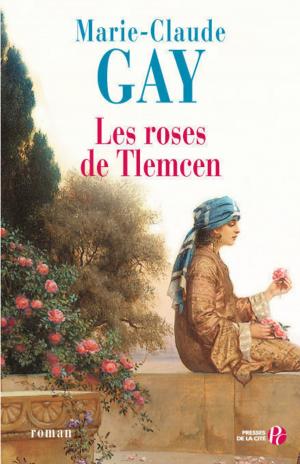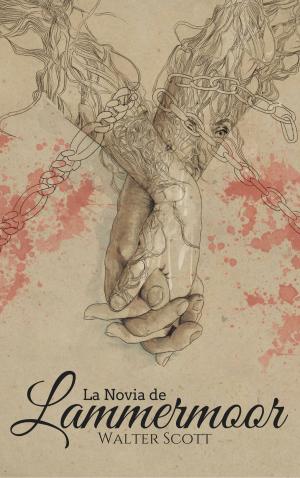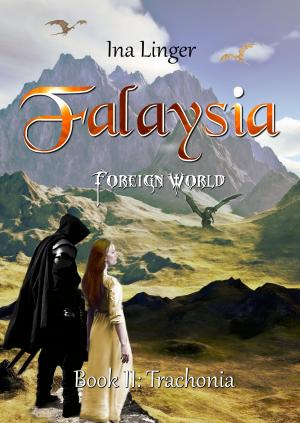| Author: | Douglas Beye Lorie | ISBN: | 9780991150236 |
| Publisher: | Douglas Beye Lorie | Publication: | June 1, 2014 |
| Imprint: | Smashwords Edition | Language: | English |
| Author: | Douglas Beye Lorie |
| ISBN: | 9780991150236 |
| Publisher: | Douglas Beye Lorie |
| Publication: | June 1, 2014 |
| Imprint: | Smashwords Edition |
| Language: | English |
Brazil. For Europeans in the 1700s, a frontier in which all dreams could come true. The dream of saving souls. The dream of scientific discoveries. The dream of wealth. Wealth from the sugar fields, only attainable with the enslavement of both African and native peoples. Wealth that can be created only from human misery.
ACAJU begins with a baby left at the gates of a Catholic mission. The baby, named Jasy, is dark skinned but with blue, European eyes. Who was his mother? Who was his father? The child is raised in part by a priest who educates him and in part by a Tupi foster mother who shows him the ways of the forest.
Douglas Beye Lorie’s Brazil in ACAJU is sometimes mystic, sometimes all too real. His characters—the priest, the healer, the botanist, the orphan, the slaver, the sugar baron, the mysterious woman who appears when her people need her and disappears into the forest again—carry this complex and satisfying story that will remind readers of Gabriel Garcia Marquez in its scope and beauty.
Brazil. For Europeans in the 1700s, a frontier in which all dreams could come true. The dream of saving souls. The dream of scientific discoveries. The dream of wealth. Wealth from the sugar fields, only attainable with the enslavement of both African and native peoples. Wealth that can be created only from human misery.
ACAJU begins with a baby left at the gates of a Catholic mission. The baby, named Jasy, is dark skinned but with blue, European eyes. Who was his mother? Who was his father? The child is raised in part by a priest who educates him and in part by a Tupi foster mother who shows him the ways of the forest.
Douglas Beye Lorie’s Brazil in ACAJU is sometimes mystic, sometimes all too real. His characters—the priest, the healer, the botanist, the orphan, the slaver, the sugar baron, the mysterious woman who appears when her people need her and disappears into the forest again—carry this complex and satisfying story that will remind readers of Gabriel Garcia Marquez in its scope and beauty.















